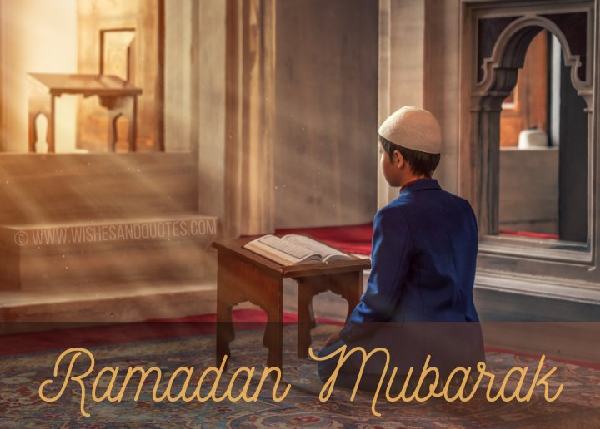Ramadan 2023: This year, Ramadan or Ramzaan begins in India from the night of March 22 or 1 Ramadan 1443 AH. Here is the date, history, significance, celebrations and all you need to know about Ramadan.

Ramadan or Ramzaan is the ninth month of Islamic calendar and it is considered as the holiest month of muslims. Ramadan word derived from Arabic root ramida or ar-ramad which means “scorching heat.”
This is a 720 hours long festival i.e. four weeks and two days. Muslims pray to Allah and observe fast during these days and abstain from worldly pleasures. They observe fast between dawn and sunset.
Ramadan 2023:- Date
Every year, the date of Ramadan changes as the Islamic calendar based on the lunar cycle. Hence, the date of Ramadan depends upon the sighting of the crescent moon. This year, Ramadan or Ramzaan begins in India from the night of March 22 or 1 Ramadan 1443 AH. On March 23, the first Fast of the Ramadan will be observed.
Ramadan 2023:- History
It is believed that during the night of Laylat al-Qadr, God revealed the verses of the Holy Quran to Prophet Muhammad for the first time. Hence, Ramadan commemorates Prophet Muhammad’s first revelation.
Also Read:- Shab-e-Barat 2023:- Wishes, Messages, Quotes and Greetings to share with loved ones
Ramadan 2023:- Significance
‘Thawab’ is the spiritual reward of fasting and it gets multiplied during Ramadan as people offer prayers to Allah and refrain not only from meal and drink but also tobacco, sexual activities, sinful behaviour instead they recite Quran, feed the underpriveleged people.
Special evening prayers called taraweeh are held during which portions from the Quran is recited. Laylatul Qadr or the Night of Power is considered as the holiest night of the year which falls on 27th day of Ramadan. It was the night when the Quran was first revealed to Prophet Muhammad. Eid-ul-Fitr marks the end of Ramadan.
Ramadan 2023:- Celebrations
During Ramadan, people wake up early in the morning to eat predawn meal before morning pray, Fajr. Predawn meal is known as Suhoor, Suhur or Sehri which includes fruits, milk, dates and sweet vermicelli.
Then, the whole day people observe fast, don’t eat anything and don’t drink even a drop of water. They break fast by eating date or any sweet delicacy or by drinking water. It is believed that Prophet Muhammad also broke his fast by eating date and drinking water.
After the evening prayer (Maghrib), Night feast (Iftar) is observed which includes delicacies such as kebabs, tikkas, biryani, nihari and also desserts such as sheer khurma, kheer, phirni, shahi tukda, khlaja baklava or khlaja pheni.
Also Read:- Chaitra Navratri 2023:- Date, Timing, History, Significance and all you need to know
Also Read:- Happy Gudi Padwa 2023:- Date, History, Significance, Wishes and Greetings
